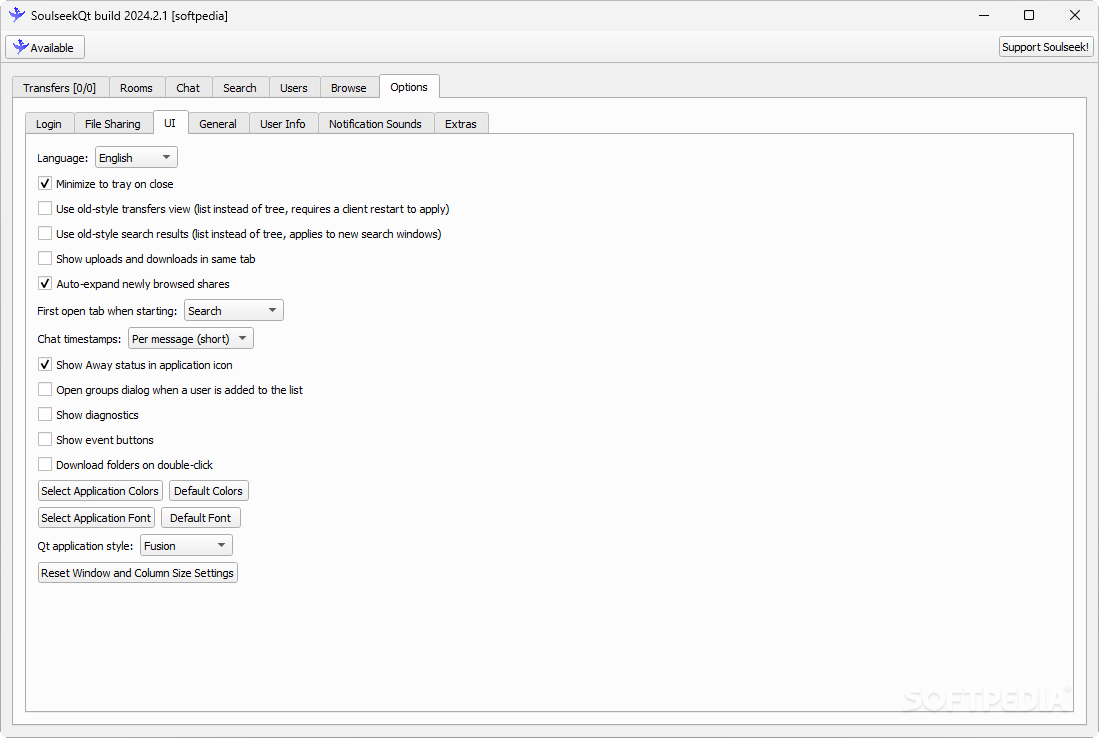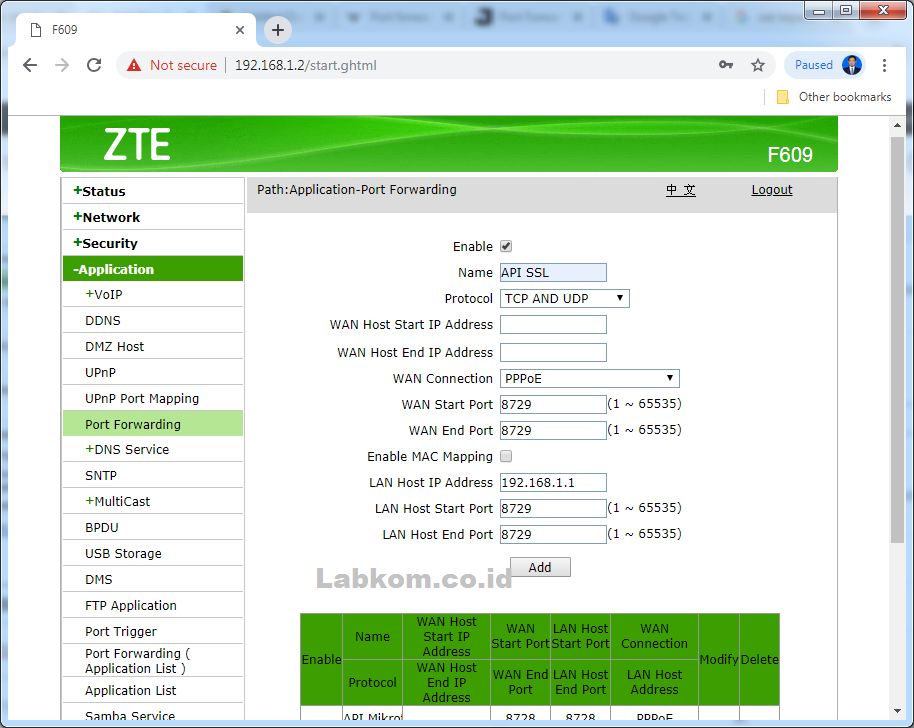
In my case, it is straightforward to expose the monitor using -monitor unix:$PWD/mon.sock,server,nowait, connect, send the command, read the output, and parse it for the desired values.
#SOULSEEKQT PORT FORWARDING PATCH#
It's not available via QMP, but there was a patch submitted to add an equivalent query-usernet here some time ago. Here's what the output looks like: (qemu) info usernet It's an OK fallback, but I'm holding out hope for a more straightforward solution.Īfter a little more research: QEMU exposes the information via the info usernet command. may obscure other issues that aren't worth retrying for.Picking a random unbound port, trying to start qemu with it, and trying again if it fails with a message matching Could not set up host forwarding rule 'tcp.'. If this is happening to you a lot, Check here to make sure that your port is open. A connection could not be successfully formed to the user. Netstat -nalp | grep $child_pid, but this will not be usable when forwarding multiple ports If I click 'Check ports' now, it says the ports are open (before it didn't), but I still get these error messages: Requesting file list. Played a little with QMP, but couldn't find a command that provided the informationĬonsidered binding a random port in the parent process with SO_REUSEPORT and then specifying it for the child command, but QEMU doesn't use this flag, so it doesn't work Ssh-keygen -t rsa -b 4096 -N "" -f "$ssh_key_path" If I open SoulseekQT on its own - this port. Nicotine+ was using a different port then SoulseekQT so I used the same port on both. I switched to Nicotine+ and when I checked from there it told me the port is closed. If I check the ports status it tells me it's open. Awesome! The problem with that has been getting that port reliably in the parent process. I never touched the ports settings in SoulseekQt and it always worked fine. User-mode networking in QEMU supports port forwarding, and when I pass 0 for the host port in the hostfwd declaration ( hostfwd=tcp:127.0.0.1:0-:22) the OS allocates one dynamically. My goal here is to be able to run multiple tests concurrently without any prior setup and without sudo, as mentioned above. My question: How can I forward ports in user-mode QEMU without conflicts? The annoying thing about this setup is the SSH port, and ports for other network applications. My approach is to start the QEMU VM with a host port forwarded to SSH on the VM, send and run the script over SSH, run the script, and assert things about the remote system. later it will be easier to run the tests across different distributions and kernel versions If your router doesnt forward or allow access thru the default Soulseek port(s) 2234-2239 to the box your Soulseek client is running on, you will not be able.I do not want to require sudo access to run tests.Frequently you have to reboot your router for the changes to take effect.

Put the TCP and UDP ports for your game in the corresponding boxes in your router.

Put the IP address of your computer or gaming console in the proper box in your router.
#SOULSEEKQT PORT FORWARDING FULL#
Running a full virtual machine is important to me, because: Locate your routers port forwarding section. I'm running Linux under QEMU as part of a test suite for a Python script that does some privileged operations.


 0 kommentar(er)
0 kommentar(er)
